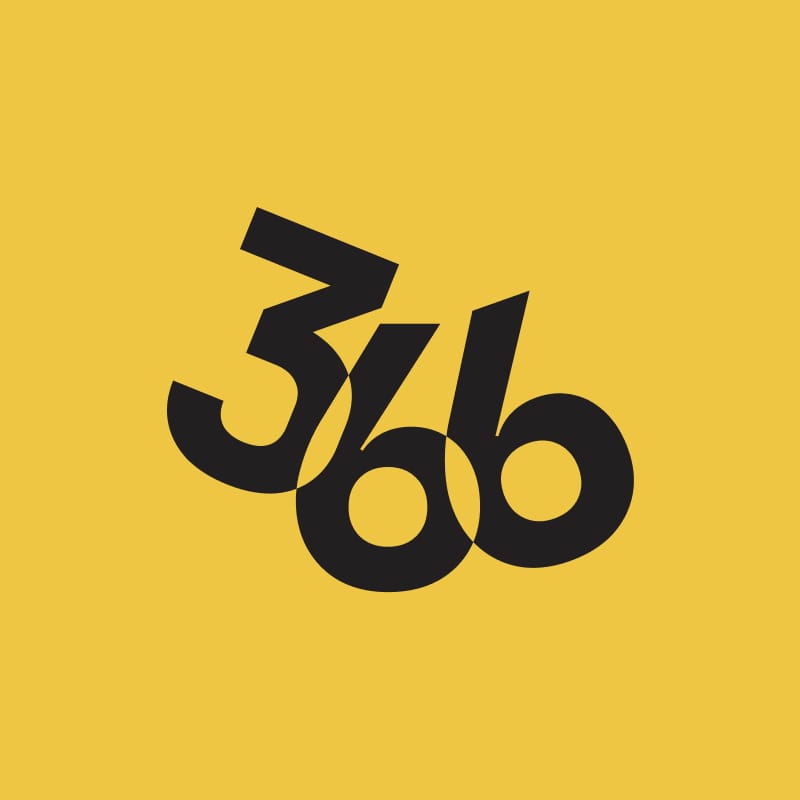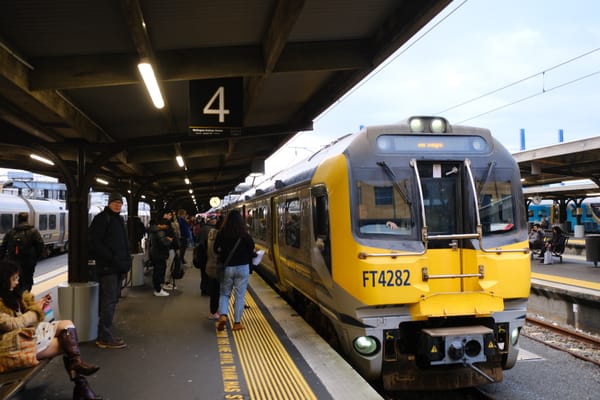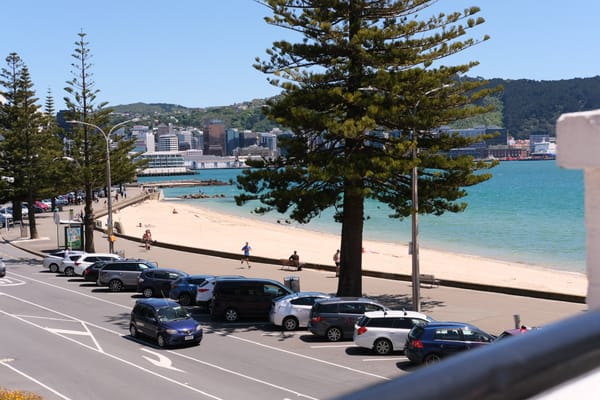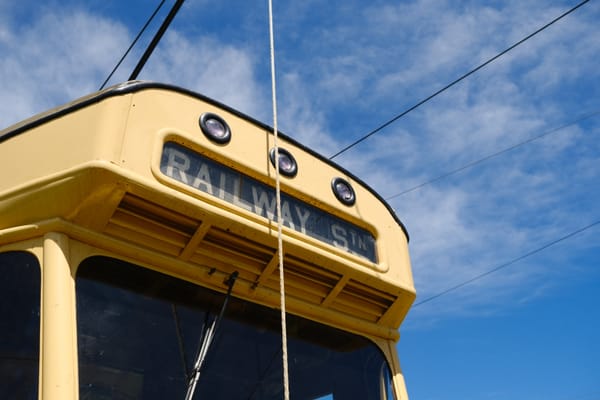Shower thoughts: what's with our water?
What happens when all the dirt and hair and soap and water goes down the drain?
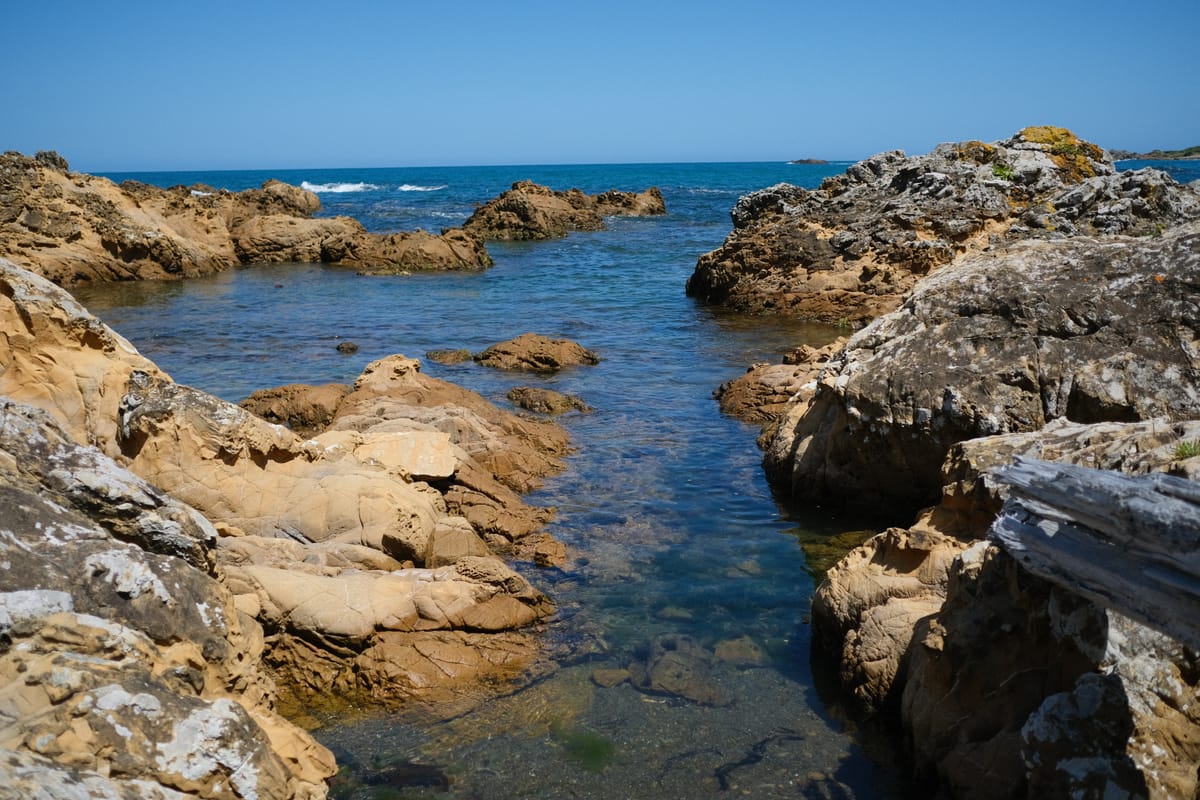
Have you ever been in the shower and thought, where does this water come from? What happens when all the dirt and hair and soap and water goes down the drain? I assumed that it all goes down a series of pipes to the Place where it gets filtered and “treated” and somehow turned into safe, drinkable water.
I imagined it like a body’s circulatory system: arteries bring fresh water to the body from the central processing area. After it gets used, it gets sent back to be reset. This is a massive oversimplification of the body and probably also of wastewater treatment.
So I looked into it.
Wellington’s tap water is treated at and distributed from plants in the Hutt Valley, where it draws on fresh water from the Hutt River. Our tap water and waste water is processed the basically same way. According to Wellington City Council, the water in Wellington is treated in three steps:
- First, removing the big debris (try not to picture this too much).
- Second, the water is strained for smaller debris. For wastewater, it goes through “sludge treatment”, which I’m sure smells as good as it sounds.
- Third, every liquid left over is treated to kill bacteria and then either piped back to us, or dumped into Cook Strait.
The Hutt River is mighty, but Wellington is huge. How does that one river supply all of Wellington?
Well, it does and it doesn’t.
Wellington Water also sips from lakes and reservoirs in the region, depending on water levels. If the river is flowing strong, we take more river water. If not, we use less to conserve the creatures and plants that live in and around the Hutt. The river and plentiful winter rains seep into the ground, where we can tap aquifers (underground lakes) to top off our supply.
Of course, Wellington Water has been getting some heat in recent years for the astonishing number of leaks plainly visible around the city (and those are just the ones we can see). From winters 2023 to 2024, Wellington Water estimates 41% of Wellington’s drinking water supply was lost to leaks. Our pipes, up to a century old, are buried and therefore some leaks go unnoticed. This means that 12.3 billion litres of the water being sent to Wellington City from the Hutt isn’t even making it to us to be used, which means we actually end up taking more.This is not a great way to be draining water from the same place as everyone else—including other creatures.
We get our water from the same place as ducks and dogs. There are quite a few more of us than ducks, though.
A bit over 400K people call Wellington home, and all those people drink water (in some form), take showers/baths, and go to the toilet (one assumes). That’s a lot of water: 350 litres per person per day (not counting commercial water usage—that’s an article for another time).
This whole system works because of the water cycle! That’s right, it’s time to use that primary school lesson in real life.
When we put our cleaned water out into Cook Strait, the ocean evaporates that water back into the sky. It floats around as clouds until it gets too heavy and rains fresh new water into the Hutt for us to drink and clean all over again.
As the climate changes, what will happen to our water cycle?
I grew up on the Great Plains of the United States, where I was surrounded by memories of the Dust Bowl and stories of the Colorado River slowly dying. My parents are from California, which is famous for constantly being in a drought, and they made sure we only used what we needed. The summer monsoons and the winter snow pack was a big deal, because they filled the reservoirs and the rivers. I can still remember how heavy the rains used to fall, and how high the snows used to get. They don’t do that so much anymore.
We’re starting to see some changes here in Wellington, too. In summer 2023, it was exceptionally hot and un-rainy and we had a notice to reduce water usage. If we all stopped taking baths and running the sink while brushing our teeth (does anyone actually do this?) then we had enough water to make it to the rains. Wellington is lucky to be situated in a pretty wet part of the world—residents of Aotearoa are noticing this in a big way this winter. We may not get the droughts that the Great Plains of the US experience, but we might have the opposite problem; increased flooding.
Climate change means more temperature changes—both more extreme cold, and more extreme heat.
More heat means more evaporation, which might seem good at first; that means more rain. It also means more flooding when the rivers and lakes swell past their usual banks. The more rain we get, the harder it is for the ground to soak up the excess. Think of it like a sponge; it will only take so much water before it starts to drip all over you. But we can't wring out the ground.
More heat also means more water usage as everyone tries to cool off. When the ocean starts to evaporate more, those rain clouds don't always make it to land; they get too heavy over the ocean. That means less rain over land, where we need it. The hotter the world gets, the more the climate zones (the bands of the Earth that determine what kind of weather you get there) shift. Wellington might not stay in a nice wet band; we could be shifting into Australian territory as Australia’s hot and dry areas spread further south.
We’re not there yet. We still can’t beat Welly on a good day, even as the sunny days get more frequent. Say what you will about a Wellington winter; the Hutt is here to stay. While the council works on fixing their infrastructure, we can all make choices about how we want our future to look. We can buy from companies that have switched to low-pollution energy and products. We can be mindful of our water usage by taking shorter showers, using grey-water to water the lawn, or buying more efficient appliances. We can pressure the council and government to make decisions that benefit us, not fossil fuels. We can vote for people who have a real plan to curb pollution.
The politicians we vote for decide what the future looks like. We decide who they are.
The next local election is coming up! Make sure you're enroled now - don't wait until it's too late.
